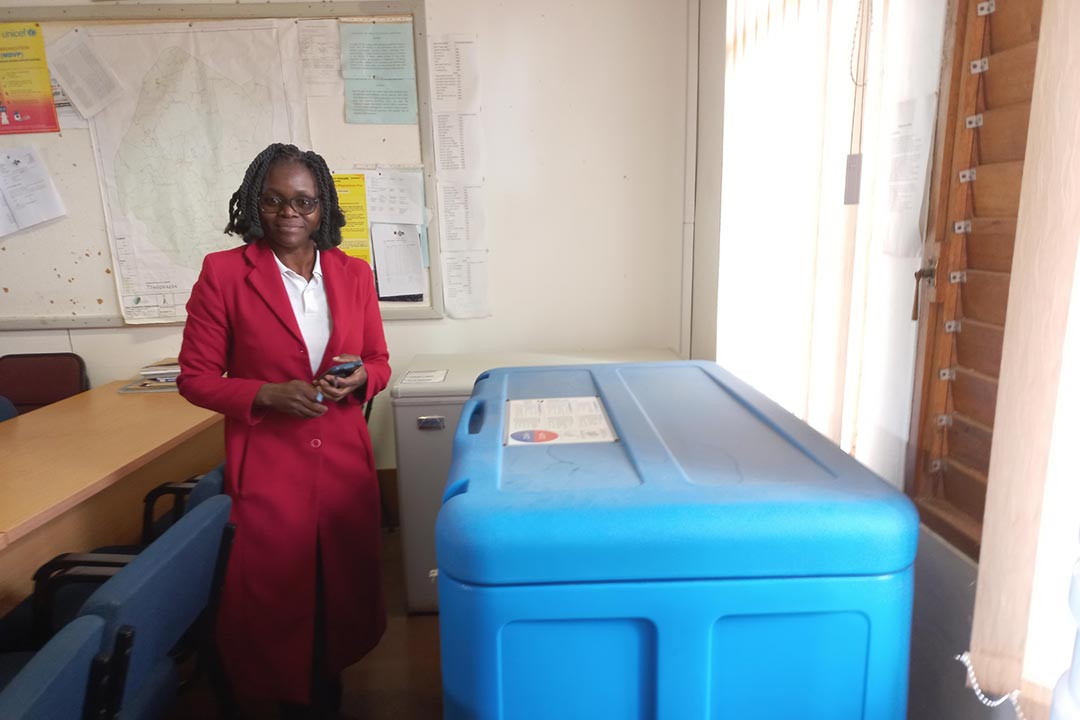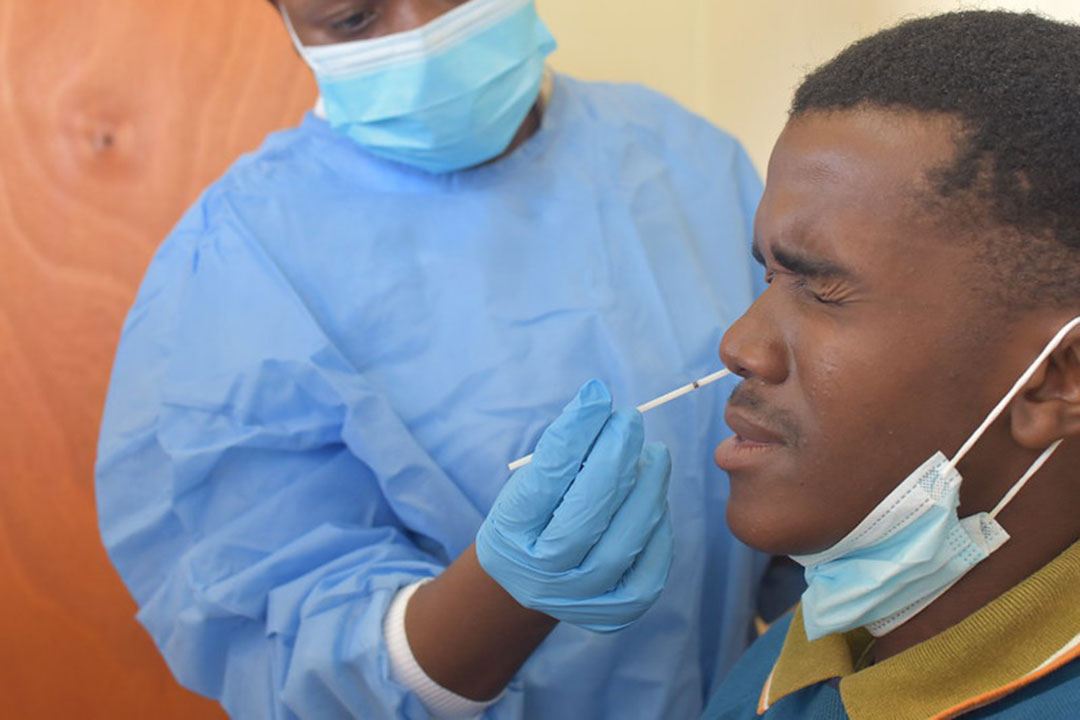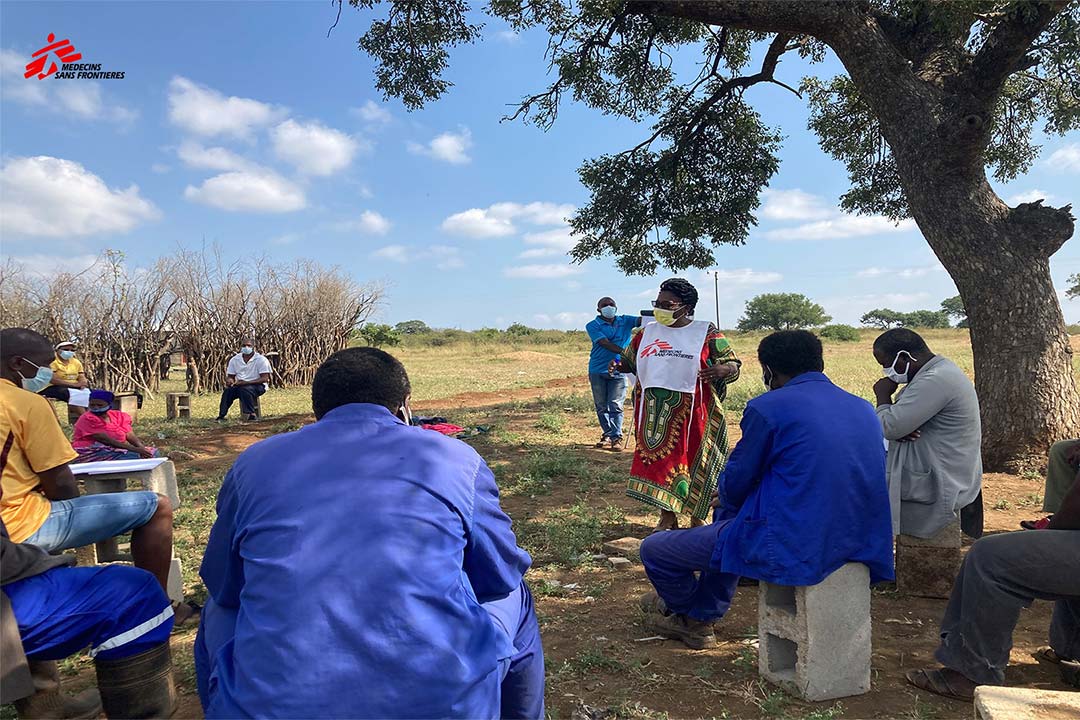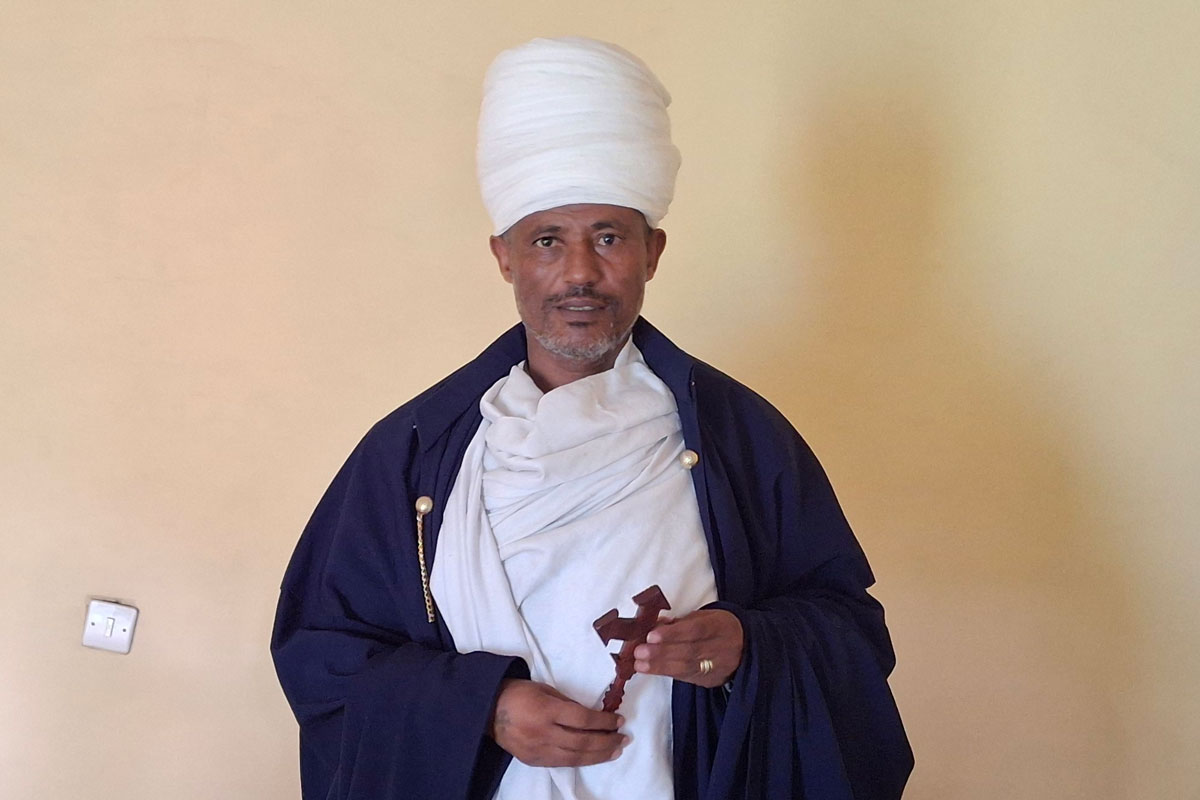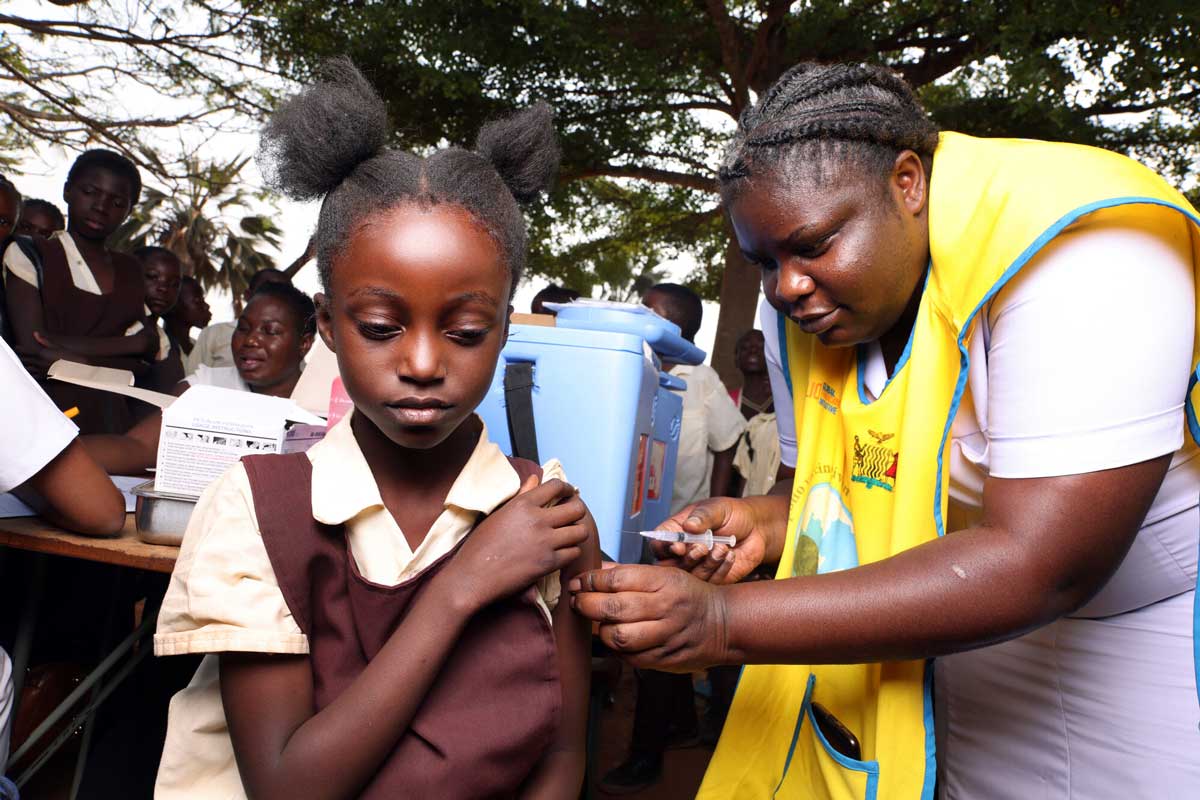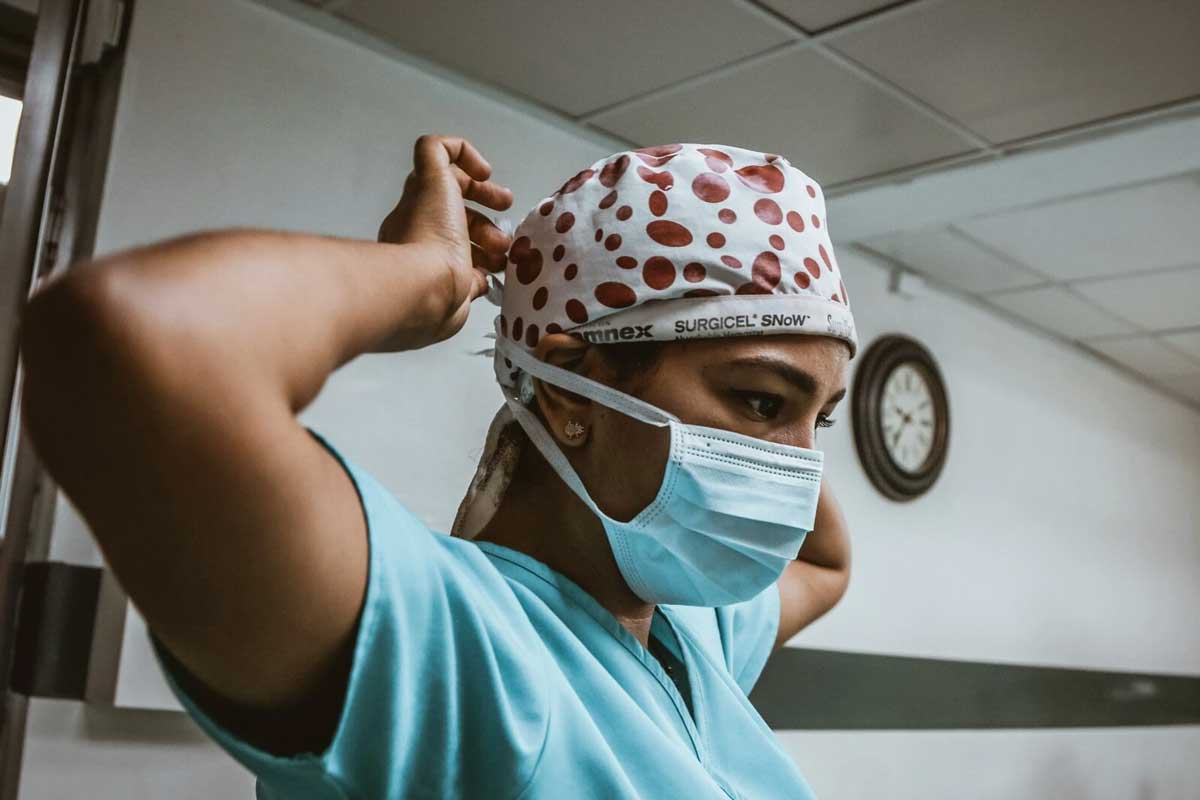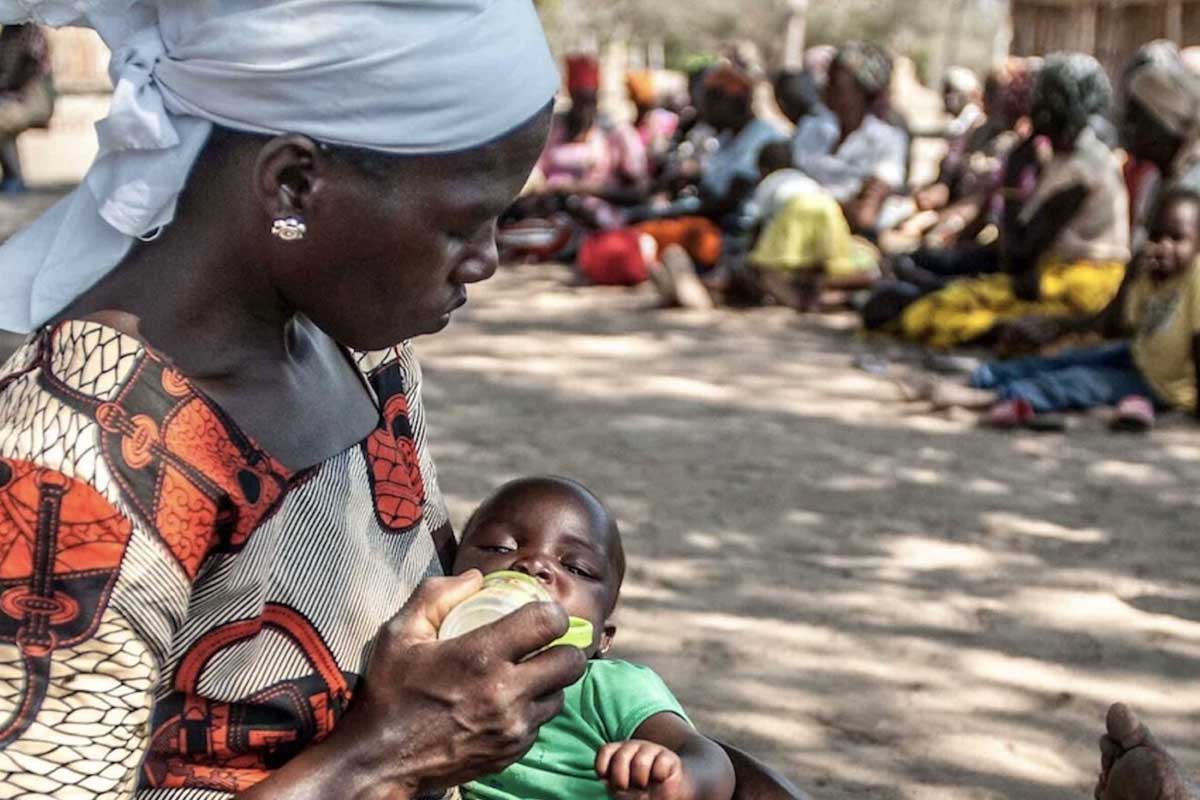“A ray of sunshine”: COVAX vaccines reinvigorate health workers in Eswatini
The delivery of vaccines has gone a long way to alleviating the fears and pressure on healthcare workers in Eswatini.
- 19 April 2021
- 4 min read
- by Nonduduzo Kunene

When the COVID-19 pandemic hit the world over a year ago, nurses in Eswatini began to question their chosen path as they witnessed their colleagues succumbing to the virus. Going to work was no longer about saving lives but recording COVID-19 deaths. However, the roll-out of COVID-19 vaccines has reinvigorated their calling.
The vaccines are not only good news to health care workers, but for the nation at large. It means that nurses will no longer just be recording deaths in hospitals crowded with COVID-19 patients.
The Kingdom of Eswatini, with a population slightly over one million and only 6,000 healthcare workers, confirmed its first case of COVID-19 on 13 March 2020.
“It seemed like there was no turning back from the virus and nurses, in particular, had to spring into action,” said matron nurse Sibongile Simelane, 58, of Lubombo Referral Hospital, which specialises in COVID-19 treatment.
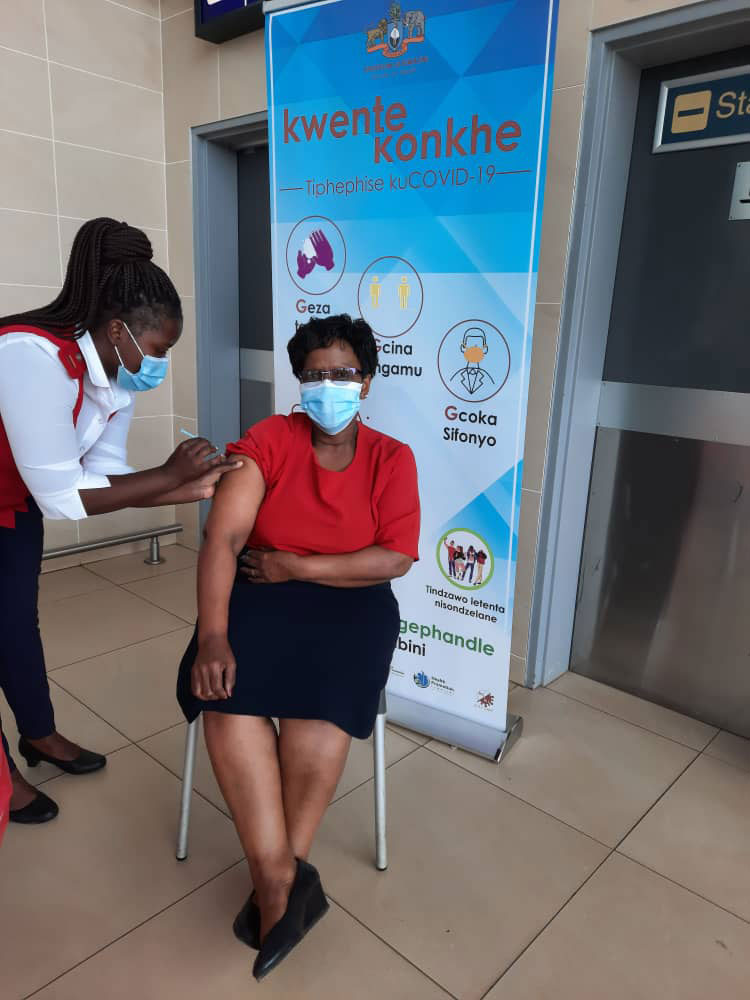
Credit: Nonduduzo Kunene
At the time the first case was confirmed Simelane worked under the Public Health Unit in Siteki, just a few kilometres from the Referral hospital. When she learned that the patient was being transferred to the hospital and that there was an urgent need for nurses, she made herself available. With 30 years’ experience in community healthcare, she says, “I had pledged to save lives so, despite seeing healthcare workers succumbing to the virus in other countries, I was the first nurse in the country to look after someone with COVID-19”.
While honouring her oath as a nurse, she was infected with the virus hardly a month after she started working in the hospital. “The road to my recovery was not easy for my family as they were dealing with the news that their mother was infected with the virus. My 25-year-old son also contracted the virus,” Simelane recalls.
Have you read?
Witnessing colleagues at the hospital contracting the virus, taking it home and eventually passing it on was disturbing, but she could not show any fear in front of the 70 staff members at the hospital. She remembers seeing Prime Minister Ambrose Dlamini being admitted to the hospital and eventually losing his life in December 2020 – one of the most devastating moments for Simelane.
While all these events were unfolding, she could only hope to wake up to a news bulletin about a COVID-19 vaccine that would end the horror she experienced on daily basis. Little did she know that just a year after COVID-19 was characterised as a pandemic, Eswatini, through the help of the COVAX initiative, would benefit from the vaccines that were rolling out across the world.
“I was thrilled to learn that finally there were listed vaccines and the COVAX initiative would be assisting countries like ours to access these vaccines. Witnessing the delivery of the first batch, which was 12,000 doses of the AstraZeneca vaccine on 13 March, was a ray of sunshine. This means, on top of my oath, I am protected from severe illness and death caused by COVID-19.”
Healthcare workers were the first in line to vaccinate along with at-risk populations, such as the elderly. Simelane has already received her first jab of the vaccine and is eagerly awaiting her second jab on 8 June.
The vaccines are not only good news to health care workers but for the nation at large. It means that nurses will no longer just be recording deaths in hospitals crowded with COVID-19 patients. For health workers whose purpose is to see people leaving the hospital full of life rather than in a body bag, as was the case during the second wave over the winter, this is bringing back renewed confidence.
“My job extends to my community. I advocate about vaccines and I am already happy with how people are receiving the vaccines. The backup of COVAX guarantees me that more vaccines will be made available in the country thus making my job easier,” she says.

